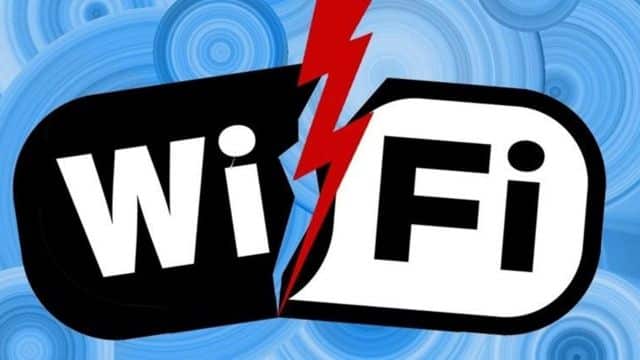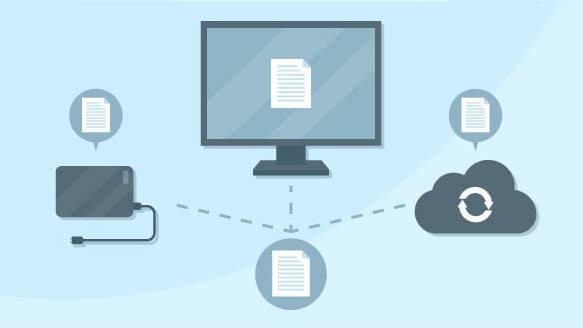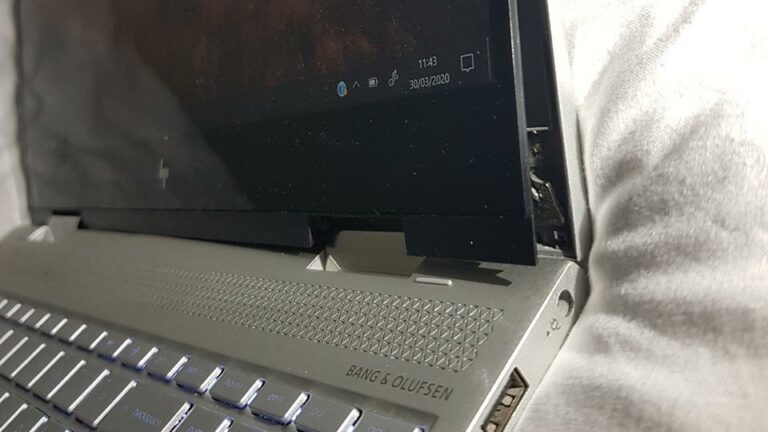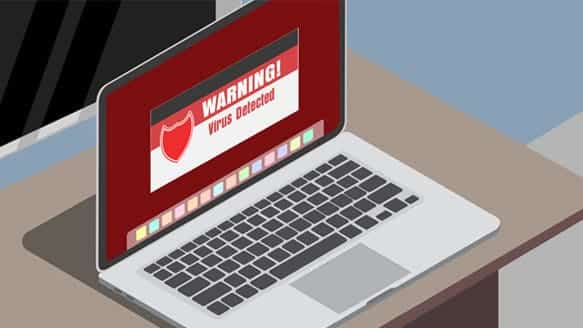The man told police he was using the Internet, and police said he had been using the Wi-Fi of a nearby home without the occupants knowing.
Was he watching porn? Trading bitcoins? Sending spam emails? Who knows! You can read the full story on Stuff website here
Why you should have a password on your Wi-Fi
You don’t want neighbours or passers-by stealing your Wi-Fi any more than you want them stealing your water, electricity, or household possessions. In fact, it’s more serious than that—if someone can hook on to the same network as you, it becomes easier for them to snoop on your browsing and your locally stored files.
If they have some creepy habits and like going to websites that you wouldn’t imagine going, all of their browsing activity could be easily contributed to you… especially if they are caught doing something illegal. Police and Internet providers can easily find anyone using their IP address and if a stranger is on your network, they will have the same IP address as you!
Most routers nowadays come with a secure WPA2 standard. Older routers (over 5 years old) may have the older WEP standard, which is very easy to crack. If you still have an old DSL connection, call your provider and ask them how old your router is. They might be able to upgrade it to a newer model at no cost to you.
If you are using a wireless or fibre connection, most likely it was installed less than 5 years ago and your router is probably configured to use a strong WPA password.
However, some people switch it off when they can’t be bothered to put a password. It’s a bad idea! That’s a bit like saying it’s a pain locking the front door every time you leave the house, so might as well leave it unlocked!
Don’t share your Wi-Fi password with just about anybody!
When you have relatives, friends, or people working in your house come to you, they might ask you for the Wi-Fi password. Keep in mind that once they enter it on their phone or laptop, they will have full access to your network!
For this reason, many routers include the feature called “Guest Network”. This allows you to give temporary access to visitors and usually only allows them to go online but not have access to your other devices on the network. They might be restricted to only browsing and not be able to play computer games or download large files.
When the visitors leave your house, you can easily change the WiFi password to something else. Because they were using temporary access, none of your devices will be affected. Some fancy routers have a mobile app that allows you to change passwords and control who has access to your network from your cellphone or tablet.
Basic routers require you to do it all manually from the router’s interface and this is where things can get tricky. If you are unsure what to do, call your Internet provider or try to find instructions for your router on the Internet.
Wi-Fi upgrade options
If your home WiFi isn’t as secure as you would like it to be, doesn’t cover all areas of your house, or just feels very slow when a lot of people are using it, we can upgrade it! We can supply and configure a Wi-Fi mesh system that covers even large homes with several floors, many bedrooms and your backyard.
It’s very secure, allows you to give temporary access to your guests, and control who can browse the Internet at certain times. If you have kids or teenagers always on their phones, you can even turn off WiFi during dinner time or when you go to bed!






